It can be frightening to learn that a medication that you or a loved one is taking has been recalled. Often, a manufacturer recalls a product at the request of the Food and Drug Administration (FDA). In 2018, according to the FDA, 126 drugs were recalled.
The reasons for recalls vary significantly. Sometimes, there’s an issue with the label or packaging. It may provide the wrong instructions or dosage information, which can be a dangerous error. In some cases, a medication is pulled off the shelves because a foreign substance has been detected in the container or the drug itself. Sometimes, a problem can be isolated to specific lots of a product, which are taken off the market.
These recalls are different from product withdrawals. Products are withdrawn from the market permanently if they’re determined to be more harmful than beneficial.
Sometimes, the FDA will allow a product to remain on the market, but with a “black-box warning.” Those warn of serious and potentially fatal consequences if a product is not used as directed.
Recalls, product withdrawals and increased warnings often result from the continuing monitoring of drugs after they’ve been approved by the FDA and gone on the market. This is done by the pharmaceutical companies as well as the FDA. It’s aided by people who report a problem after they’ve had an unexpected negative reaction or discovered an issue with a drug or its packaging, label or instructions.
Federal government monitoring of drugs has improved since the mid-20th century. Back then, drugs were typically taken off the market only after widespread tragic consequences. Thalidomide — a sleeping pill that caused severe birth defects in babies born to mothers who used it — is probably the best-known example. Although the victims were primarily in Europe, that tragedy resulted in new drug safety laws in this country,
Now, drug safety regulations and company protocols are more proactive. They’re aimed at preventing potential dangers before a product goes to market and recalling products even if a problem has impacted only a small portion of the total supply.
Unfortunately, for the people who are harmed before a problem is discovered, a recall can come too late. If that happens, it’s essential to determine who can and should be held liable. An attorney with experience handling defective drug cases can help victims and their families seek justice and compensation.



